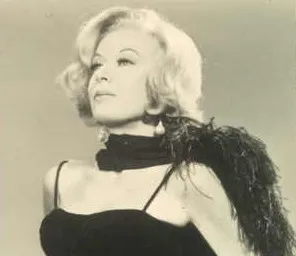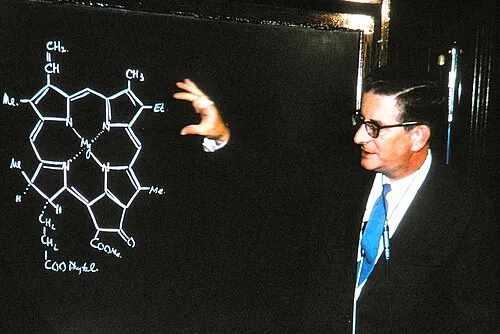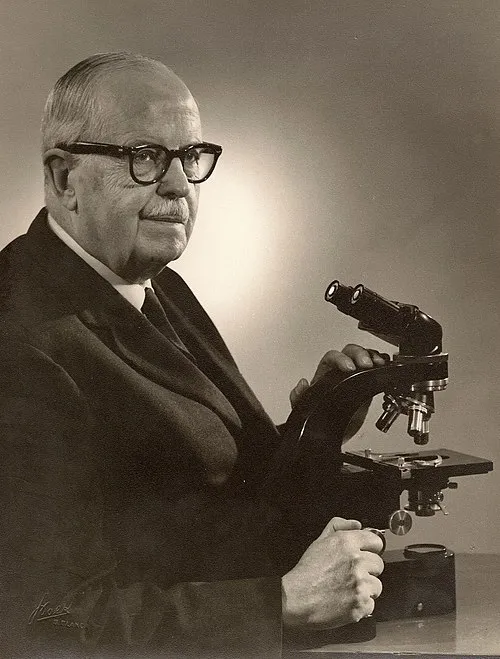
Name: Bella Akhmadulina
Birth Year: 1937
Death Year: 2010
Nationality: Soviet and Russian
Profession: Poet, short story writer, and translator
Bella Akhmadulina: The Poetess Who Danced with Words
In the tumultuous landscape of 20th-century Russia, a star was born in 1937. Bella Akhmadulina, a name that would resonate through the corridors of Russian literature, emerged from the confines of Moscow. Born into a family that faced the complexities of life in Soviet Russia her father, a military officer, and her mother, an accomplished linguist the young Bella was steeped in an environment rich with intellectual fervor yet fraught with the shadows of political oppression.
As she navigated her childhood amidst whispers of literary genius and cultural upheaval, Bella began to pen her thoughts on paper. However, it wasn’t until her teenage years that she truly found her voice; at merely 15 years old, she published her first poem in a youth magazine. This early foray into publishing marked not just an awakening for Bella but also heralded a burgeoning talent that would soon captivate audiences far beyond the borders of her homeland.
Despite these promising beginnings, the path ahead was anything but smooth. The late 1950s saw Russia immersed in a cultural renaissance the Khrushchev Thaw but this new openness came with its own set of challenges. Poets like Akhmadulina found themselves walking a tightrope between creative expression and governmental scrutiny. Ironically, it was this delicate balance that fueled much of her artistry; as she wrote about love and loss against the backdrop of societal constraints, readers resonated deeply with both her rebellious spirit and hauntingly beautiful verses.
Early Life and Education
Growing up in Moscow, Akhmadulina was surrounded by the tumult of World War II and the complexities of the post-war era. Her literary journey began early, writing poetry in her teenage years. She later attended the Moscow State University, where her passion for literature blossomed. Her early exposure to great Russian poets like Anna Akhmatova and Marina Tsvetaeva greatly influenced her style and thematic choices.
Career and Literary Contributions
Akhmadulina's debut collection, "The String of the Wind," published in 1962, marked her ascent in the literary world, capturing the attention of readers and critics alike. Her unique voice and the ability to weave vivid imagery into her poetry made her a standout amongst contemporaries. Throughout her career, she published numerous volumes of poetry, essays, and short stories. Her work often drew on personal experiences, yet was able to resonate with broader human conditions.
Recognition and Legacy
Despite the constraints of the Soviet regime, Akhmadulina enjoyed considerable acclaim during her lifetime. She was awarded several prestigious awards, including the Anna Akhmatova Prize and the Pushkin Prize. Known for her distinct fusion of personal and philosophical themes, she became a crucial voice for artists seeking authenticity in their work.
Akhmadulina's poetry collections, such as "The Autumn of My Life" and "The Book of Poems," further established her as an influential literary figure. Moreover, her translations of works from other languages into Russian helped bridge cultural gaps, revealing her multilingual talents and deep understanding of literature.
Personal Life
A fascinating aspect of Bella Akhmadulina's life was her connections with other prominent artists. She was known to have had relationships with several cultural figures, including the famous Russian poet, Yevgeny Yevtushenko. Her personal life, often intertwined with her work, influenced many of her poems.
The Flowering Talent
In 1960, when she attended an elite literary gathering known as “The House on the Embankment,” Bella’s career took flight. It was here that she met fellow poets who would become lifelong friends and rivals inspired by their fervent exchange of ideas and creative energy. Among them were formidable figures like Yevgeny Yevtushenko and Andrei Voznesensky. In their company a mix of admiration and rivalry she began crafting poems rich with imagery yet subtle enough to elude direct political interpretation.
This period brought forth some signature works such as "The Shattered Soul" where Akhmadulina masterfully blended personal turmoil with broader existential themes perhaps reflecting not only her inner conflicts but also those faced by countless others during an era marked by uncertainty and fear.
The Woman Behind The Words
As much as one could argue about Akhmadulina's literary prowess and there is much to discuss it's essential to recognize the woman behind these words. She embodied both strength and fragility a duality mirrored within her poetry itself! Despite being thrust into fame at such an early age , she maintained fierce independence throughout her life!
Akhmadulina's marriage to renowned artist Andrei Sinyavsky showcased another facet; while their relationship flourished creatively both contributed significantly to Soviet literature it ultimately faltered under pressure from society’s expectations coupled with their artistic pursuits pulling them in divergent directions.
The Era Of Recognition
By the late 1960s through early '70s', Bella became recognized internationally notably after being translated into various languages which opened up global avenues for collaboration! However and here lies another twist it also meant dealing directly with critics who misinterpreted or simplified what many viewed as intricate expressions reflective largely on Russian identity fused intricately within feminine narratives!
Later Works & Personal Struggles
- "The Face" (1976): Here we see notable growth where personal reflections intersect seamlessly juxtaposed against broader historical contexts concerning women's roles evolving over time...
- "My Pain" (1988): Released during Gorbachev’s Perestroika period showcasing acute awareness towards shifting socio-political landscapes... One can't help but wonder how much influence these changes had on shaping subsequent pieces?
Akhmadulina grappled openly through poems infused richly layered emotions alongside self-examination regarding identity as both poetess nurtured distinctness yet cherished communal ties fostered within literature itself! Perhaps it can be said those very struggles gave rise not just toward personal triumphs alone but redefined what belonging meant amongst fellow artists!
A Life Beyond Poetry
Bella’s multifaceted legacy extended beyond written verse encompassing translations too: She brought renowned works from Italian poets like Eugenio Montale giving them fresh interpretations vibrant within contemporary contexts! Moreover engaging closely sometimes collaborating directly supporting newer generations including budding female writers emerging post-Soviet Union collapse emphasizes significance articulating diverse voices across various platforms.”
The Cultural Impact Continues...
Akhmadulina passed away in 2010 after battling long-term illness nonetheless leaving behind treasure troves worth exploring enshrined throughout history books celebrating resilience echoed generation after generation still resonates widely today arguably nurturing future thought leaders aspiring follow footsteps trailblazed earlier paths laid bare before readers eager delve deeper understanding essence intertwined experiences shared humanity!... Who knows what additional layers will surface upon delving deeper uncovering threads entwined vibrantly linking lives while breathing fresh insights continuously?! ”













